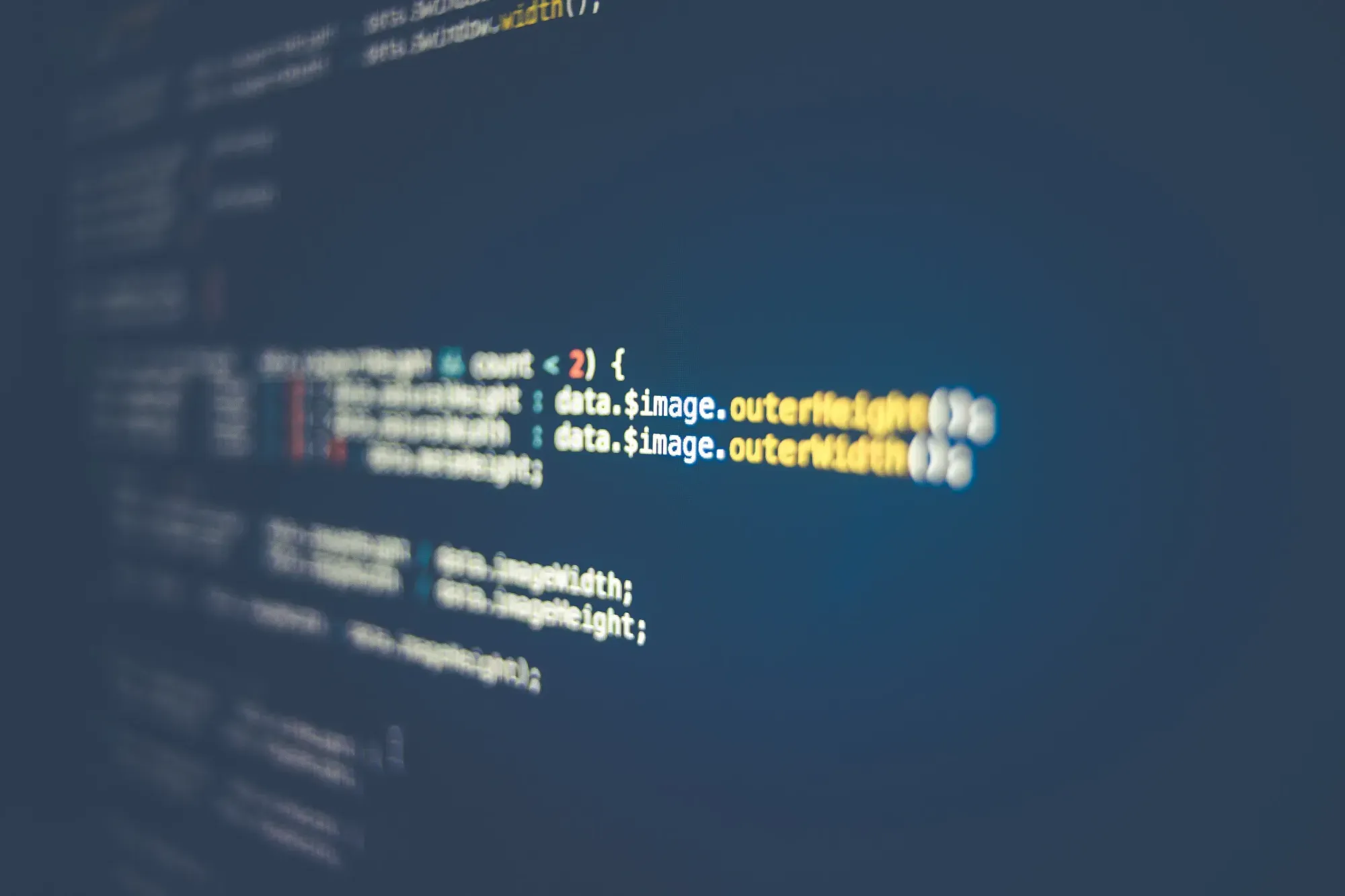Hasn't AI gained too much reach by now? Two AI experts speak.

AI is everywhere and is helping society move forward. However, with the growing influence of technology, it needs to be properly regulated. The AI Act is supposed to take care of that, but it is being criticized from various quarters. Too little attention is said to be paid to the protection of intellectual property rights and copyright. How do we use AI responsibly? Hasn't the technology gained too much reach by now, and where do we draw the line? We spoke to two AI experts: Patricia Jaspers and Jos van Dongen.
AI Pitch Competition
This story was written in response to the AI Pitch Competition. That's a competition that highlights the most innovative AI solutions. The competition will take place on Sept. 29. You can apply here until Aug. 29.
AI-Act: European Law
AI is rapidly changing the world; changing the way we work, learn and communicate. China, like the US, is fully committed to accelerating AI innovations. Europe is opting for regulation. The AI-Act is a European law to ensure safe, fair and transparent application of AI within the EU.
Though such a law does not fully protect us. Just recently, a coalition of more than 40 European creators formally criticized the AI Code of Conduct, which is supposed to help companies comply with the AI Act. The code would not adequately protect intellectual property rights and copyrights, and primarily serves the interests of large AI companies.
It is clear that much remains to be done globally to get a handle on the technology. That, while startups in every conceivable field - healthcare, defense, energy, transportation - are springing up like mushrooms. Can we control developments at all? And how far should we want to go with AI applications?